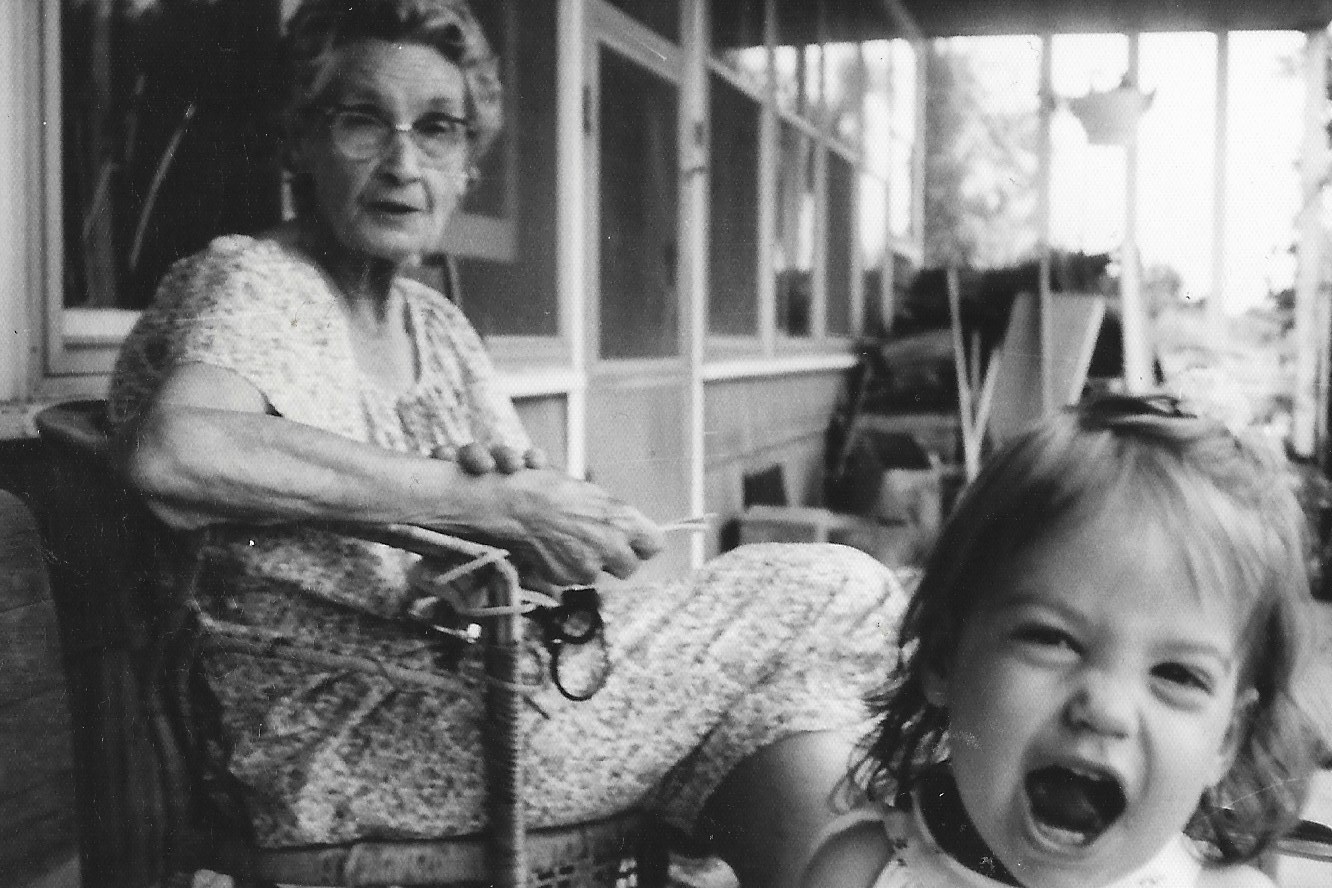“I don’t trust anyone who doesn’t laugh.” — Maya Angelou
It was the beginning of Leta’s twenty-year quest to pour as much laughter into the world as possible. At barely two, she would sometimes throw her head back, open her mouth, and belt out a chorus of giggles—almost as if she were practicing, as if she somehow knew laughter could save her.
The first time they harvested Leta’s bone marrow in search of an answer to her relentless maladies, my mother and I stood just outside the treatment room—the same room Leta would later call the torture room. Her screams tore through the hallway, so raw and unrelenting that my mother crouched, looking as if she might pass out. When it was over, Leta trembled in my arms, her wide eyes searching mine, wounded by what had just happened, as if I had betrayed her. But then she noticed my mother watching, her face full of sorrow, that Leta recognized as a look of pity. And in an instant, she transformed—contorting her face into one of her funniest, most ridiculous expressions. I think, in that moment, her disdain for pity was born.
As a teenager, Leta surrounded herself with friends who shared her love of humor. They spent hours creating skits—one about an Ovaltine addict named Chloe, who could never get enough of the sweet chocolate granules. They imitated Saturday Night Live characters with remarkable precision, their laughter drifting through the house into the early hours of the morning.
As the weight of her disease pressed down in later years, her laughter waned—but it never disappeared. And in her final months, the gods sent her a roommate with the same indomitable sense of humor. No matter how tough things got Leta and her friend never missed a chance to laugh—even as they faced their final days.
I have this memory. I’m standing in the hallway outside her transplant room, peering through the window. She’s sitting up in bed after an arduous procedure. Her cheeks are puffy and yellow. Dark circles frame her eyes. I nudge the door open and step inside. My face is twisted with grief. But before I can speak, she lifts a weak hand in a stop-sign motion. And in the softest voice, she tells me one last time, “No sad faces, Mom. No sad faces.”
At her funeral, nearly every memory card spoke of her laughter:
“I hear the echo of your enormous laughter.”
“You brought about a contagiousness to your laughter.”
“I remember chatting about dreams and things we thought were strange on a warm gale of laughter.”
“We swished down the hill, invariably crashing in a heap of snow and laughter.”
For a long time after Leta died, laughter felt impossible. But I knew she wouldn’t want her legacy to be my silence. In time, I learned to live without her voice. And sometimes, in my dreams, she beams at me from the other side. “I’m so happy, Mom,” she says. “I’m so happy.”
Why Laughter Matters
Science tells us what Leta seemed to know instinctively—laughter heals. It lowers stress hormones like cortisol and activates the brain’s mesolimbic dopaminergic reward system. It strengthens the immune system, increasing serum immunoglobulins A and E, and even boosts natural killer cell activity. Laughter enhances oxygen intake, stimulates the heart and lungs, and releases endorphins.
Maybe that’s why Leta laughed so much. Maybe she knew that laughter isn’t just joy—it’s survival.
